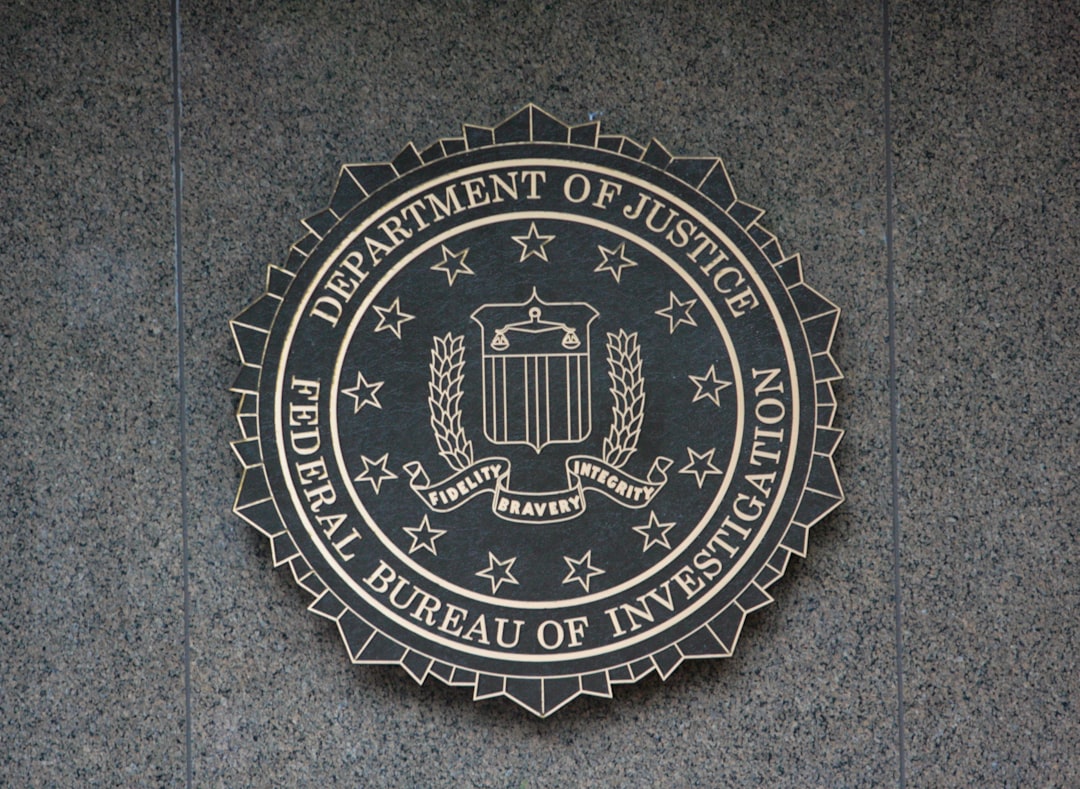Arresting the FBI
DIsarming the Federal Bureau of Investigation could accomplish a long-needed reform.
I have long thought that there is no excuse for having a Federal Bureau of Investigation. We did not have a federal police force before the Progressive Era and did just fine. The protection of the public from domestic crime (as opposed to foreign invasions) is a responsibility of the states, not the national government. The positive things that the FBI can do—such as coordination of police efforts across state lines—could be accomplished without having armed agents from the federal government scattered across the country and blurring the lines between federal and state authority, much less overstepping those boundaries.
Meanwhile, the political corruption of the agency that has become increasingly obvious since 2016 has given rise to demands for reform or even defunding the FBI.
Writing at The Federalist, a former federal and state law enforcement officer offers an interesting proposal: “Disarm the FBI and force it to partner with local law enforcement agencies for any investigative and enforcement activities,” writes Stephen Friend, a fellow on domestic intelligence and security services at The Center for Renewing America.
Removing the agency’s power of arrest would be a dramatic and positive reform.

Friend describes how Congress could do this, with reference to numbered employment positions defined by the U.S. Office of Personnel Management (OPM):
Through budget appropriations, Republicans can defund all 1811 [meaning: armed] criminal investigators from the FBI. Eliminating special agents will disarm the agency and remove its ability to arrest alleged criminal violators.
Next, Republicans should direct OPM to create a new, 1812 “unarmed criminal investigator.” Any current FBI special agents can transition to unarmed criminal investigators. Like 1810 investigators, 1812 unarmed criminal investigators will not carry firearms. Like 1811 criminal investigators, the new position should be charged with all necessary duties to investigate alleged or suspected criminal violations of federal laws. In addition, 1812 unarmed criminal investigators will not earn availability pay enhancement offered to federal law enforcement personnel. This reduces total FBI investigator salary expenditures by 25 percent.
Then, to “diminish the FBI’s ability to investigate and persecute innocent Americans,” Congress should “use budget appropriations to prohibit the FBI from investigating any alleged criminal violators without the expressed approval of state, local, or tribal law enforcement agencies holding arrest authorities within the area the investigation transpires,” Friend writes. “Further, Republicans can require federally deputized ‘Task Force Officers’ from the approving agencies to partner and participate in all FBI investigations.”
That would put the FBI in a position to assist local law enforcement agencies in conducting investigations, while removing any police powers from the agency and placing them back with the states where they belong:
These appropriation measures empower local sheriffs and police as a final stopgap measure against an out-of-control, politicized FBI. Once forced to partner with state, local, and tribal police, the FBI must demonstrate the righteousness of investigations to leaders within these agencies and gain their approval. Since these agencies are more accountable to local constituents, they will logically serve as a bulwark against FBI overreach.
Friend’s plan is at least a very good starting point for a much-needed discussion of how to rein in an agency that has grown far beyond any justifiable amount of power.


